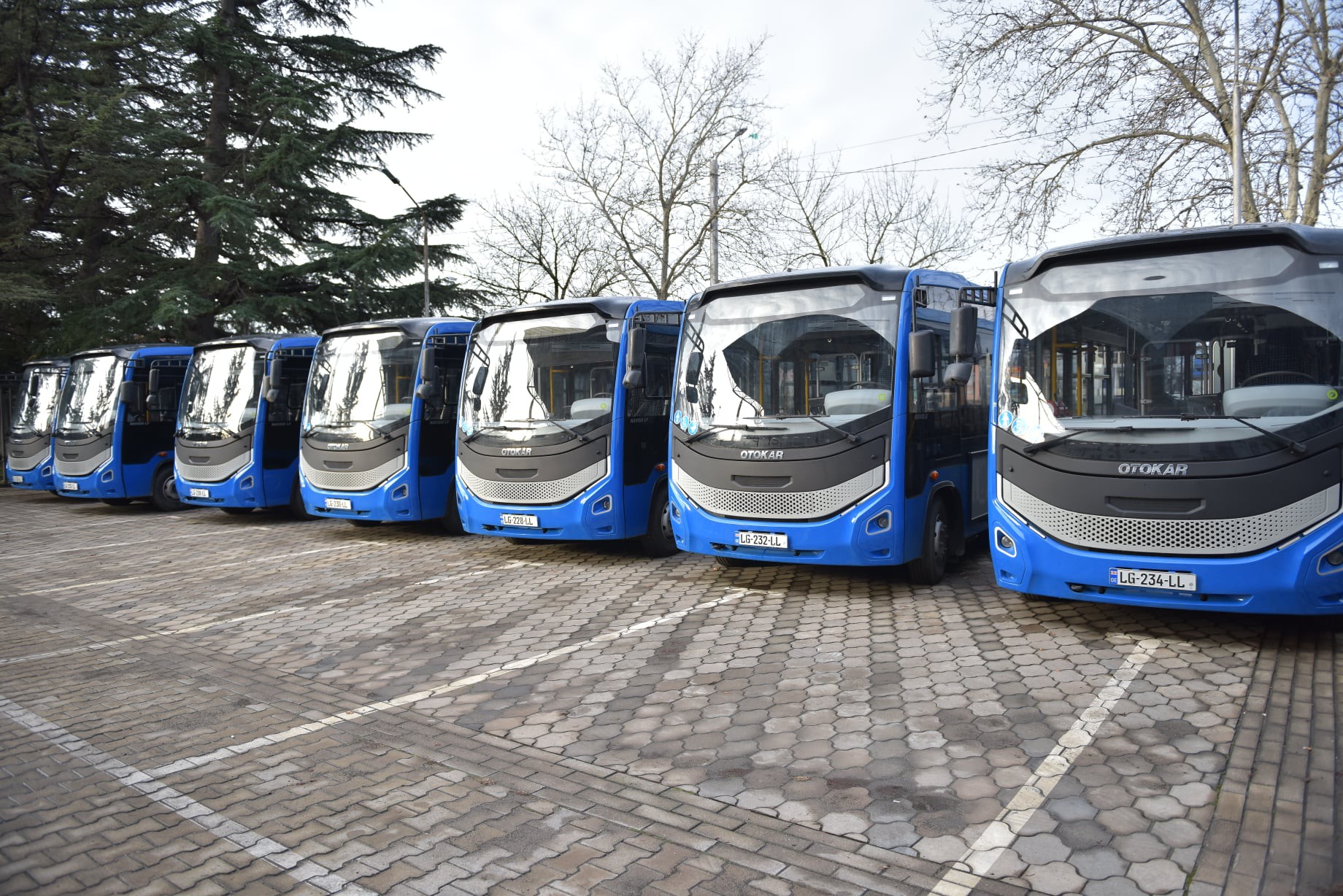Electric Vehicles: Paving the Way for Sustainable Urban Transport
Empirical evidence confirms that a significant proportion, approximately one-quarter, of atmospheric carbon dioxide is attributable to the transportation sector. Given its status as a primary consumer of energy and a substantial consumer of global oil reserves, the environmental ramifications of the transportation system are profound. Beyond resource utilization, transportation constitutes a potent source of air pollution, with escalating vehicular numbers correlating with an increase in atmospheric pollution.
The operational dynamics of traditional transportation systems yield detrimental byproducts such as nitrogen oxides and other harmful particles. These emissions pose threats to human health, degrade overall living conditions, and significantly contribute to global warming through the release of carbon dioxide. Despite these environmental concerns, it is imperative to recognize that the functioning of the economy and the public's mobility are contingent upon transportation services.
In response to the environmental challenges posed by traditional transportation, some scientists and policymakers advocate for electric transport as an effective alternative. The substitution of traditional vehicles with electric counterparts holds the potential to notably enhance public spaces and urban air quality, given the near-zero emissions associated with electric vehicles. The global shift towards electric transport is underscored by the pursuit of various countries to adopt this sustainable mode of transportation.
Advantages of Electric Transport:
Several benefits distinguish electric transport from traditional counterparts:
- Noiseless Operation and Emission-Free: Electric vehicles operate silently and lack the unpleasant emissions associated with traditional vehicles.
- Reduced Operating and Storage Costs: The streamlined nature of electric vehicles translates to fewer spare parts, leading to decreased operating and storage costs.
- Economic Viability: Electric vehicles, encompassing trucks, cars, and buses, exhibit cost-effectiveness and superior energy efficiency compared to conventional fuel-driven vehicles.
- Simplicity of Charging: The uncomplicated charging process for electric vehicles mirrors the ease of charging a mobile phone.
Despite the advantages, traditional vehicles continue to dominate the new car market, primarily due to the initial cost disparity. However, ongoing technological advancements in electric transport are driving a reduction in prices and enhancing essential components.
Numerous countries, including the United States, Japan, China, India, and European nations, have committed to transitioning to electric transport. Georgia, too, is actively promoting electric vehicles through regulatory measures and incentives, aligning with global efforts to address environmental concerns.
Georgia is actively fostering the adoption of electric transport through progressive measures. Commencing in 2024, regulations will be enforced, prohibiting the import of equipment with emissions below Euro 5 standards. The meticulous development of emissions standards over several years has culminated in the implementation of the Euro 6 standard within the European Union, mandating specific CO2 emission levels for each vehicle.
In the capital city, Tbilisi, designated parking areas offer free zonal parking for electric vehicles. Moreover, electric car owners enjoy the privilege of obtaining a taxi license at no cost, while the use of municipal chargers is also provided free of charge. Recognizing the limited availability of chargers citywide, interested parties can submit requests via the City Hall's website (www.chargers.tbilisi.gov.ge), subject to approval. The increasing demand for electric vehicles is evident, with 290 applications currently registered on the website.
Georgia took its first stride towards a robust electric transport infrastructure in 2016 with the installation of public electric car chargers—the cornerstone for sustaining electric transport. Further incentivizing the adoption of electric vehicles, the government has instituted tax exemptions on the import of left-hand electric vehicles. Additionally, by the culmination of 2023, a plan is in place to introduce 50 units of 18-meter electric buses in the capital, with a total fleet of 160 electric buses.
The introduction of electric public transport in the municipal sector holds multifaceted benefits for Georgia, fostering improvements in energy efficiency, energy security, and economic competitiveness. Noteworthy strides have already been made, with electric buses serving the public transportation sector of Batumi since 2017. This initiative marked a pivotal advancement, positively impacting the ecological environment, introducing European standards, and modernizing the transport infrastructure. Further expansions of electric buses are earmarked for Kutaisi, promising additional enhancements to the national transport system through the infusion of modern technologies. From an economic standpoint, despite the initial investment, the long-term cost-effectiveness of electric buses is evident, owing to their fuel-free operation and durable components.
However, transitioning to electric public transportation mandates careful consideration of pre-existing challenges. Infrastructure for charging and power reception, including charger network development and voltage considerations, necessitates thorough planning. The judicious utilization of resource-limited energy elements also demands strategic foresight to prevent counterproductive outcomes. Thus, a comprehensive and proactive approach is imperative for the successful integration of electric transport into urban systems. This necessitates collaborative efforts among economists, scientists, policymakers, and transportation experts, with active participation from both the public and private sectors.
The Regional Environmental Center for the Caucasus (REC Caucasus) is at the forefront of supporting Kutaisi’s sustainable urban development through the implementation of the project "Low Carbon Solutions through Nature Based Urban Development for Kutaisi City." Financed by the Global Environmental Fund (GEF), this initiative aims to establish an institutional framework for Kutaisi's sustainable urban development, attracting investments to showcase exemplary practices in low-emission transport and sustainable land management. The project is fully aligned with the government's push for electric public transport, providing crucial assistance to beneficiaries through demonstration projects.

